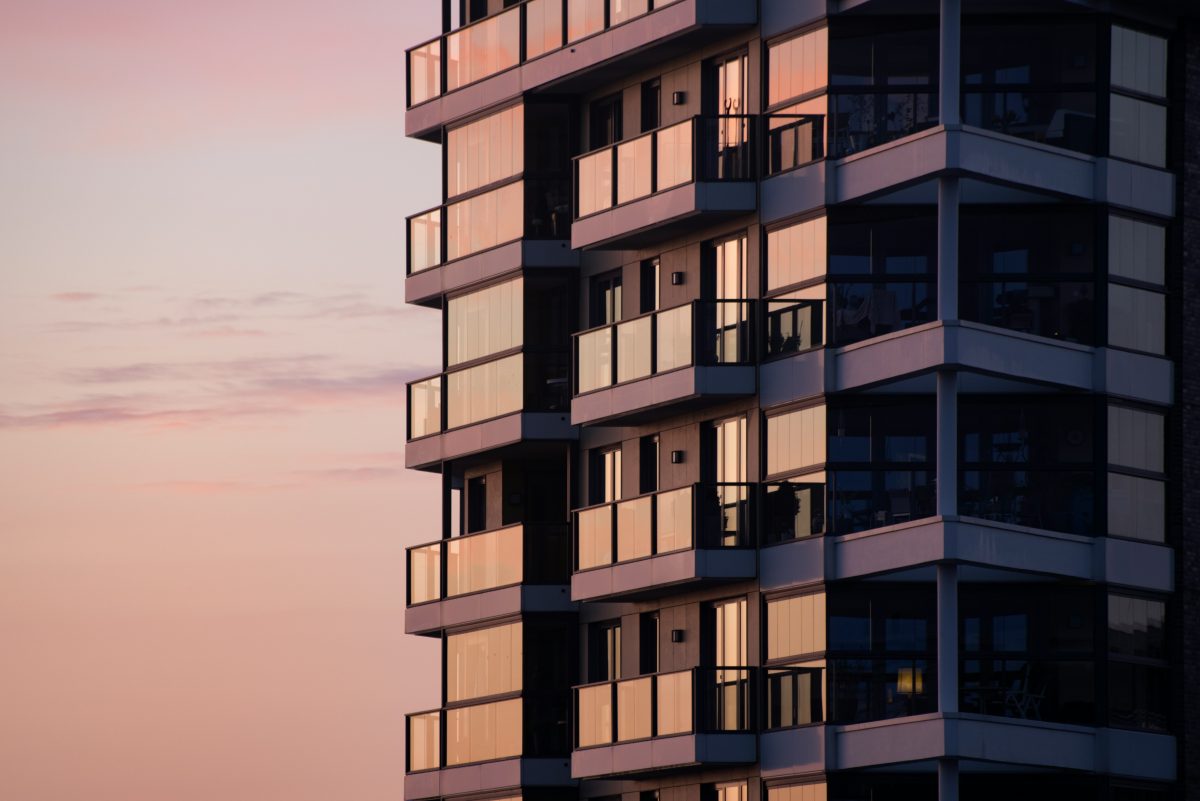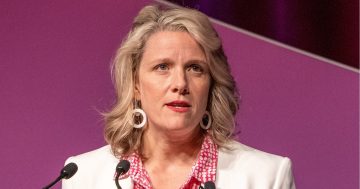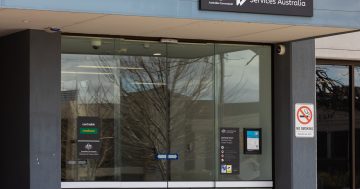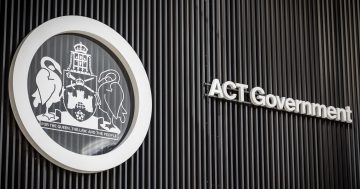
Senator Andrew Bragg: “When you see councils and states block developments, particularly apartment buildings, that is a disaster for young people.” Photo: Tobias Wilden.
GST payments to states and territories are set to be one battleground for the next federal election, with the Coalition linking housing supply to the contentious issue.
Shadow Assistant Housing Minister Andrew Bragg has articulated an Opposition position that unless the states build more houses, their GST share could be slashed.
He said states must be forced to do better to increase housing supply, and although the Coalition’s housing policy is yet to be released, using the GST as a stick was under consideration.
“We need to be creating and finding a way to hit the states hard where it hurts,” Senator Bragg told the ABC’s Insiders program.
“Otherwise, I fear that we would drift into a situation where the housing problem will get worse before it gets better.
“When you see councils and states block developments, particularly apartment buildings, that is a disaster for young people.
“We don’t run the planning system in Canberra, but we have to find a way to get local councils and states to actually do the heavy lifting here.”
Health Minister Mark Butler immediately described Senator Bragg’s comments as an uncertainty for state and territory budgets.
“GST arrangements are really critical for those budgets, and those budgets, at the end of the day, deliver hospitals, schools and policing services,” Mr Butler said.
“This massive curveball that Andrew Bragg has thrown at the state governments right now will be a concern to all Australians.”
Anthony Albanese criticised the idea further on Monday, saying the Coalition didn’t seem to know what its GST position actually is.
“They had one of their shadow ministers on the ABC Insiders program yesterday, just yesterday, threatening states’ GST,” the Prime Minister said.
“Saying that they wanted to hurt, hit the states where it hurts when it comes to the GST, across the board.
“So on the one hand, they say, ‘Oh, no, nothing to see here’. On the other hand, they’ve got their shadow ministers out there saying they’re considering a plan to scuttle the GST.
“It was very clear what Senator Bragg said, and he said it in the context as well, of a Coalition that had promised, as part of their $100 billion of cuts, that the shadow treasurer was open about just a week ago, part of that is scuttling the Housing Australia Future Fund.
“They actually want to spend less money on housing at the same time as they’re saying, ‘Oh, well, if states don’t meet their targets, we’ll take their GST off them’.”
The Federal Government has committed $9.3 billion over five years to the states and territories for homelessness support and social housing and $1 billion for house-building infrastructure improvements at the community level.
But Labor’s Housing Australia Future Fund, which aims to build 30,000 social and affordable homes, is in the sights of the Opposition.
The Coalition has promised to scrap that scheme if it wins government.
Disputes over GST shares have dogged it almost since its introduction by the Howard Government in 2000.
The Commonwealth Grants Commission now uses a formula to divide the GST pool money based on its assessment of the level of need and population of the states and territories, as well as the capacity of each jurisdiction to raise its own revenue.
A needs relativity score is given to each state and territory, with a score of 1 being the average.
The ACT’s relativity score is currently set at 1.20.
Discussing the ACT Budget earlier this year, Chief Minister Andrew Barr said the unknown factor of what impact Stage 3 tax cuts would have on the Territory’s GST revenue had dashed hopes of a return to surplus in the 2025/26 financial year.
GST revenue amounts to roughly a quarter of the Territory’s income base.
Original Article published by Chris Johnson on Riotact.









